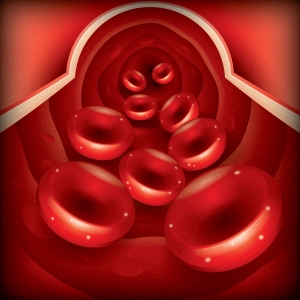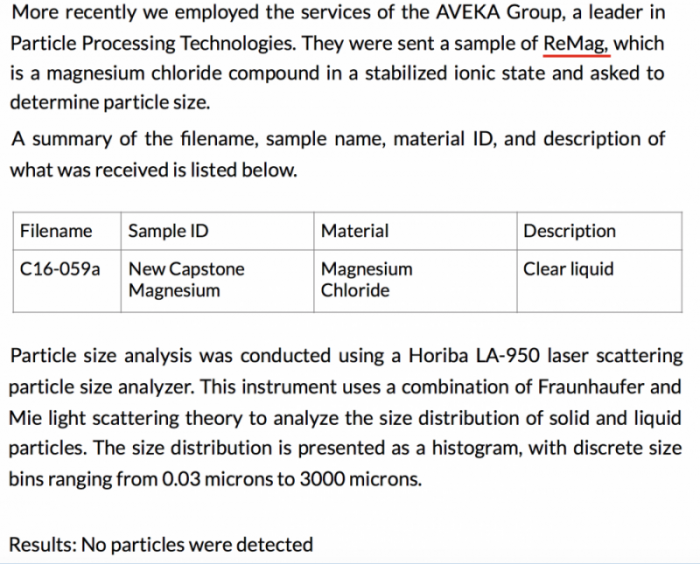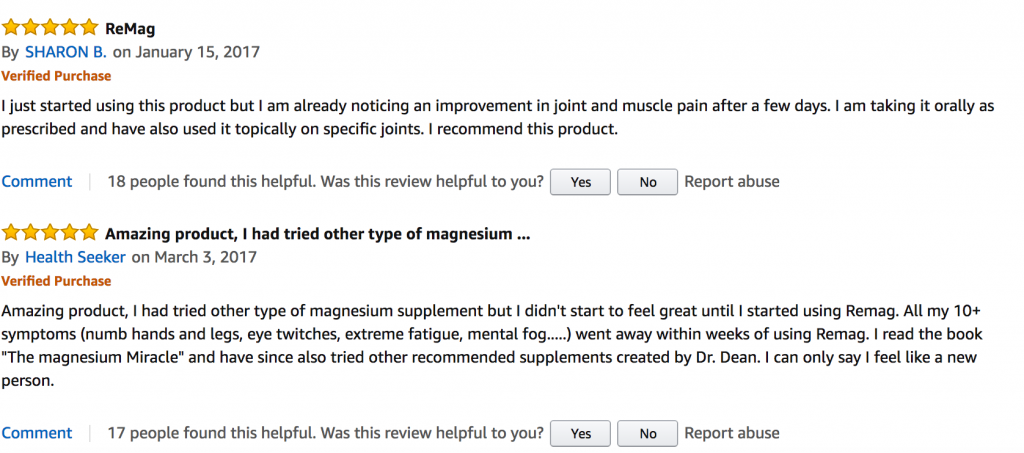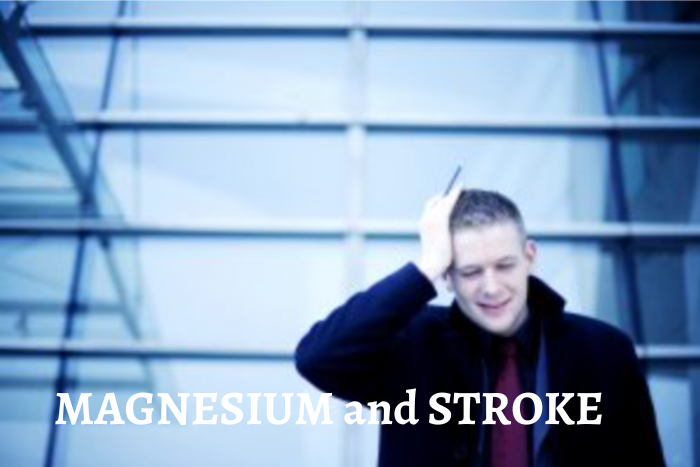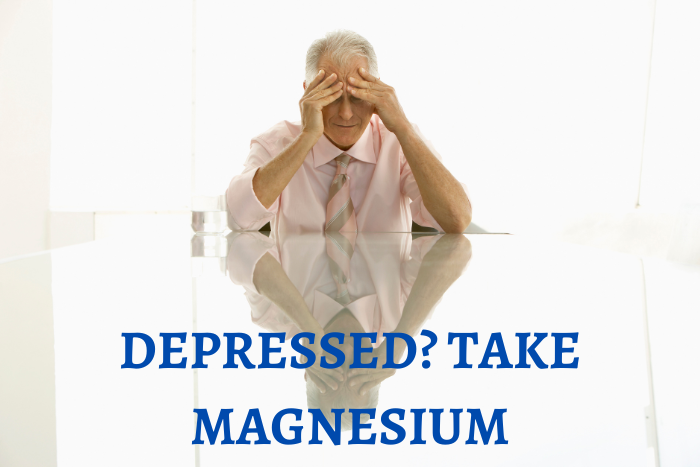Magnesium and calcium correlation is strong between two essential minerals for the body. Our bodies cannot function without magnesium or calcium. Both minerals are crucial.
Magnesium and calcium correlation

Magnesium and calcium depend on each other. Unfortunately, not so many individuals pay attention to it because I had cases with lumps of calcium under the skin among my friends. Now I watched a series of BBC Doctor Who and started to think about what is going on. How can individuals get calcium lumps under the surface? Why do people not take enough magnesium to solve calcification problems?
When magnesium is deficient, calcium can not enter the cell. Calcium deposits outside cells in soft tissues, such as the lining of arteries or bronchial tubes.
How do I know about it? The Magnesium Miracle, written and researched by Dr.Carolyn Dean, M.D., N.D., explains all the subtle things about magnesium and calcium correlation.
This particular book explains very well all the tricks of these essential minerals.
What does magnesium do in the body?
Besides many functions, magnesium supervises electrical communication between cells. Magnesium allows the exact amount of calcium to enter the cell when the body needs it.
People consume plenty of calcium supplements. The body becomes saturated with calcium and its side products. Why? Calcium supplements come as calcium phosphate, calcium gluconate, calcium carbonate, etc. It means that we get not only calcium but a few elements. These side products are not soluble in the blood. They hang around together with calcium, waiting until magnesium allows calcium to enter the cell.
The harm from calcium
The calcium concentration can be thousands of times more significant than it is supposed to be. We like calcium and think that calcium will solve all problems associated with weak bones. We get calcium with fortified food and drinks.
Unfortunately, if the body lacks magnesium, the calcium is an orphan. This deficient mineral finds its place in soft tissues, creating problems for blood running free through vessels.
Magnesium relaxes muscles. Calcium contracts muscles. It is a win-win situation. When magnesium is deficient, we get cramps and pain after exercises because the lactic acid builds up in tissues. Magnesium neutralizes lactic acid.
What does calcium in the body?
Calcium is vital for teeth and bone development. Calcium is necessary for strength — calcium is involved in transmitting impulses in nerve and muscle cells. Cardiac muscle cells depend on calcium, too.
Calcium is vital for blood clotting, too. However, calcium can function well without magnesium. Magnesium and calcium correlation is crucial for our well-being.

Magnesium deficiency leads to gallstones, fibromyalgia calcification, heel spurs, kidney stones, and breast tissue calcification. How does it happen? Magnesium regulates the entrance to the cell for calcium. When magnesium is deficient, calcium can not enter the cell. Calcium deposits outside cells in soft tissues such as the lining of arteries or bronchial tubes.
How much magnesium and calcium are we supposed to take?
Calcium dosage
Dr.Carolyn Dean, M.D., N.D. recommends the balance between calcium and magnesium as 1 to 1. She supports calcium RDA from the UK as 700mg and WHO (500-600mg).
RDA is a Recommended Dietary Allowance. WHO is the World Health Organization.
Magnesium dosage
The RDA for magnesium is 400mg of elemental magnesium. According to Dr. Carolyn Dean, individuals need more of it. People are different. Some of them are sensitive to magnesium supplements, thanks to laxative effects. Magnesium oxide is absorbed in just 4 percent.
The best way to get magnesium is to use 100% absorbed pico-ionic ReMag. The dosage on the label is 1/2 tsp twice a day. ReMag drank at the cellular level. It goes straight to the cell.
People deficient in magnesium can take 4-5 Tsp of ReMag a day.
Conclusion
Magnesium and calcium correlation is vital to our bodies. We need both minerals because they interact and influence each other. Magnesium deficiency leads to the calcification of soft tissues. To avoid these situations, we must take magnesium.









